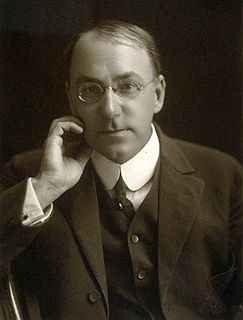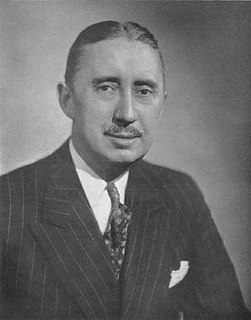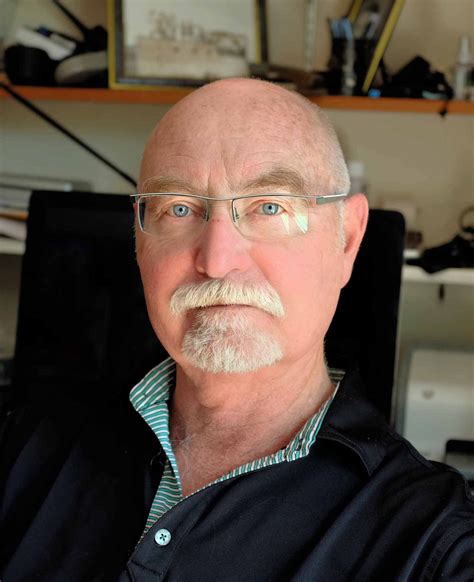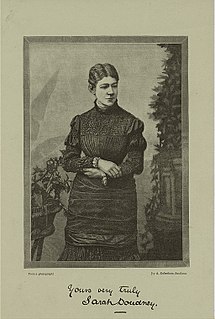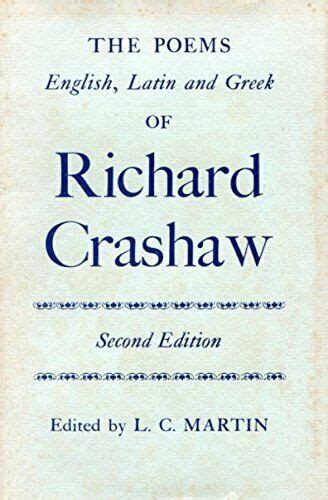A Quote by Immanuel Kant
Have patience awhile; slanders are not long-lived. Truth is the child of time; erelong she shall appear to vindicate thee.
Related Quotes
The sweetest lives are those to duty wed, Whose deeds, both great and small Are close-knot strands of an unbroken thread There love ennobles all. The world may sound no trumpets, ring no bells The book of life the shining record tells. Thy love shall chant its own beatitudes After its own life-workings. A child's kiss Set on thy sighing lips shall make thee glad; A poor man served by thee shall make thee rich; A sick man helped by thee shall make thee strong; Thou shalt serve thyself by every sense, Of service which thou renderest.
Ecclesiastes names thee Almighty, the Maccabees name thee Creator, the Epistle to the Ephesians names thee Liberty, Baruch names thee Immensity, the Psalms name thee Wisdom and Truth, John names thee Light, the Book of Kings names thee Lord, Exodus names thee Providence, Leviticus Sanctity, Esdras Justice, creation names thee God, man names thee Father; but Solomon names thee Compassion, which is the most beautiful of all thy names.
In the application of Satyagraha, I discovered, in the earliest stages, that pursuit of Truth did not admit of violence being inflicted on one's opponent, but that he must be weaned from error by patience and sympathy. For, what appears to be truth to the one may appear to be error to the other. And patience means self-suffering. So the doctrine came to mean vindication of Truth, not by infliction of suffering on the opponent but one's own self.
The idea is that Jodie Foster is with her child and she's going back to New York from Germany with her husband's body. She loses her child on a plane, and you think, 'How can that happen?' There's no record of her having brought a child onto the plane, and the captain is left wondering about whether she's telling the truth. You never really know if she's telling the truth or not.
Thy soul shall find itself alone ’Mid dark thoughts of the gray tombstone— Not one, of all the crowd, to pry Into thine hour of secrecy. Be silent in that solitude, Which is not loneliness—for then The spirits of the dead who stood In life before thee are again In death around thee—and their will Shall overshadow thee: be still. [...]
And shall I pray Thee change Thy will, my Father, Until it be according unto mine? But, no, Lord, no, that never shall be, rather I pray Thee blend my human will with Thine. I pray Thee hush the hurrying, eager longing, I pray Thee soothe the pangs of keen desire— See in my quiet places, wishes thronging— Forbid them, Lord, purge, though it be with fire.

